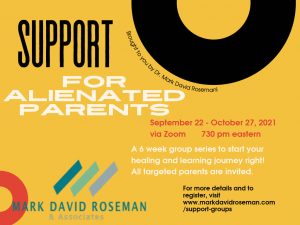Have your children turned against you? Do they resist spending time with you? Have they joined with your ex in treating you with contempt? If so, they may be suffering from parental alienation.
In this article I provide an overview and summary of parental alienation to help separated and divorced parents, grandparents, and others affected by this problem to identify, prevent, and heal psychologically damaging fractured relationships.
You can read more about parental alienation by clicking on the links at the end of this article.
 Illinois Divorce Lawyer Blog
Illinois Divorce Lawyer Blog



